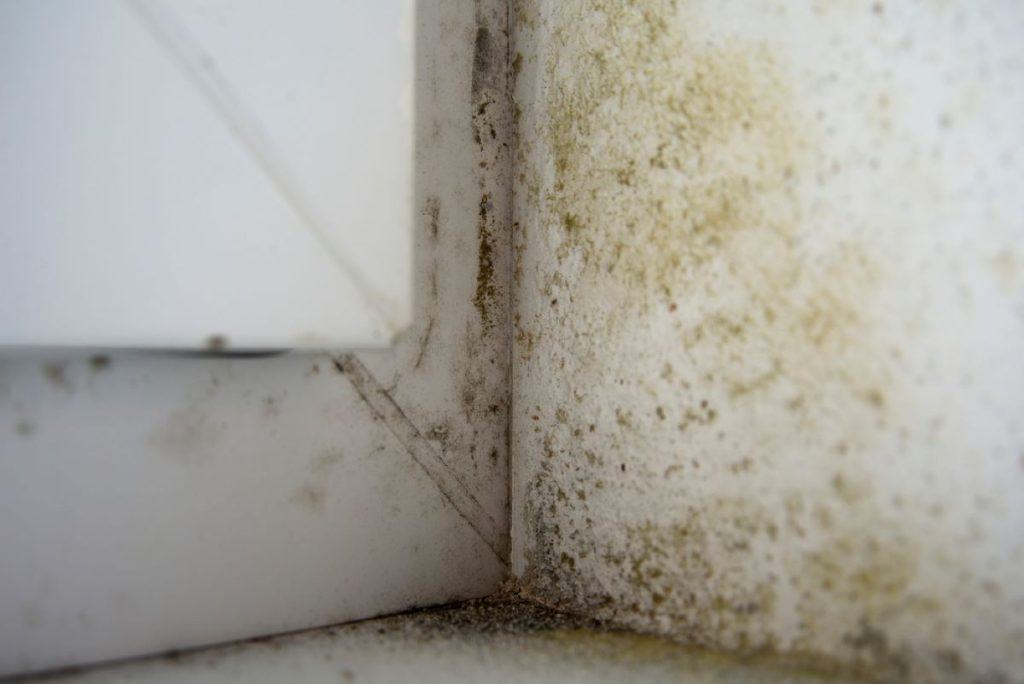14 Reasons to Skip DIY Fermenting Projects
Fermenting food at home might seem like fun, but it’s not always easy or safe. From tricky steps to unexpected results, there are plenty of reasons to think twice. Here are 14 reasons to leave fermenting projects to the pros.
1. Space Requirements

Fermenting at home requires dedicated space to store your fermentation vessels, which can be jars, crocks, or even large barrels depending on what you’re fermenting. These containers often need to be kept in cool, dark places like basements or special fermentation chambers. Not everyone has the extra space to accommodate these setups, making fermentation a challenging hobby to pursue in small apartments or homes without suitable storage areas.
2. Initial Costs

Getting started with home fermentation can be surprisingly costly. You need to purchase specific equipment like fermentation weights, airlocks, and high-quality containers, not to mention the ingredients themselves. While some may see these as a one-time investment, the initial expense can be a barrier for people on a tighter budget who might prefer hobbies that require less upfront spending.
3. Time Investment

Fermenting food is a slow process, often taking several weeks or even months to complete. For people with busy schedules or those who prefer immediate results, the slow nature of fermentation can be off-putting. It requires regular check-ins and maintenance, such as burping jars to release gas, which might not fit well with everyone’s lifestyle.
4. Risk of Contamination

One of the significant risks of fermenting at home is the potential for mold and bacteria contamination. If not done correctly, a batch can easily spoil and become unsafe to eat. This risk requires a good understanding of sanitary practices and meticulous attention to detail, which might be daunting for beginners or those not keen on strict hygiene practices.
Follow us for more of these articles.
5. Strong Smells

Fermentation can produce strong and sometimes unpleasant smells as natural bacteria break down food compounds. These odors can permeate your home and may be disagreeable to family members or roommates, especially in close living conditions. Not everyone appreciates the pungent aroma of fermenting kimchi or sauerkraut, which can be a significant deterrent.
6. Dietary Restrictions

For individuals with certain health conditions or dietary restrictions, fermented foods can sometimes cause problems. For example, those with histamine intolerance may find that fermented foods exacerbate their symptoms. This makes fermentation less appealing or even harmful to their health, limiting who can safely engage in this activity.
Follow us for more of these articles.
7. Complexity of Balancing Flavors

Fermentation is as much an art as it is a science. Balancing flavors in fermented foods can be complex and requires a lot of trial and error. Not everyone has the palate or the patience to adjust recipes and wait for the fermentation to achieve the desired taste, which can lead to frustration if the results are consistently not to their liking.
8. Family Acceptance

Not all family members might be enthusiastic about incorporating fermented foods into their diet. If the household is not on board, it can be challenging to justify the space and effort required to maintain this hobby. This lack of support can diminish the enjoyment and practicality of home fermentation.
Follow us for more of these articles.
9. Health Risks for Some

While many tout the health benefits of fermented foods, they’re not suitable for everyone. People with immune system issues or those who are pregnant might be advised to avoid homemade fermented products due to the risk of harmful bacteria that could be present if the fermentation process isn’t controlled precisely.
10. Maintenance Requirements

Maintaining fermentation equipment also requires effort. Containers must be kept clean and sterile, and tools need to be well-maintained to avoid contamination. This maintenance can be tedious and time-consuming, which might not appeal to everyone, especially those looking for a more straightforward or less demanding hobby.
Follow us for more of these articles.
11. Limited Recipes

While there are many things you can ferment, the scope of recipes might feel limited to someone new to the practice. This can lead to a plateau in interest if the person does not look forward to making the same types of foods repeatedly.
12. Need for Precision

Fermentation requires a precise balance of salt, temperature, and time. This precision can be a challenge to achieve consistently without the right knowledge or experience. Beginners might find this precision daunting, which can lead to discouragement after a few unsuccessful attempts.
Follow us for more of these articles.
13. Climate Considerations

The success of fermentation can heavily depend on your climate. In very hot or cold environments, maintaining the ideal temperature for fermentation can be difficult without the proper equipment. This geographical limitation can be a significant hindrance for people living in less than ideal climates for fermentation.
14. Disposal of Failures

When fermentations go wrong, disposing of large quantities of spoiled food can be unpleasant and wasteful. This aspect of fermentation might not sit well with those who are environmentally conscious or dislike wastage, making it a less appealing hobby.
15 Top Tips to Keep Work and Life Balanced

Balancing work and personal life can be tough. These 15 tips can help you find a better rhythm.
15 Top Tips to Keep Work and Life Balanced
16 Easy Ways to Organize Your Closet

A cluttered closet makes life harder. Simple tricks can help you tidy up and find what you need. Here’s how to make your closet work better for you.
16 Easy Ways to Organize Your Closet
Like our content? Be sure to follow us!






